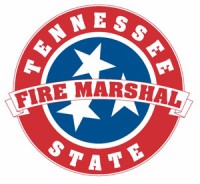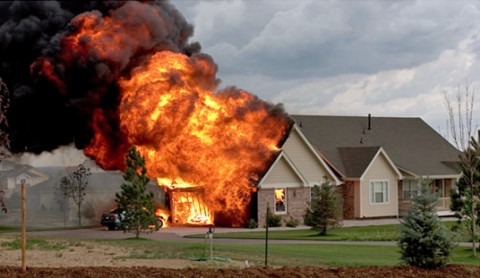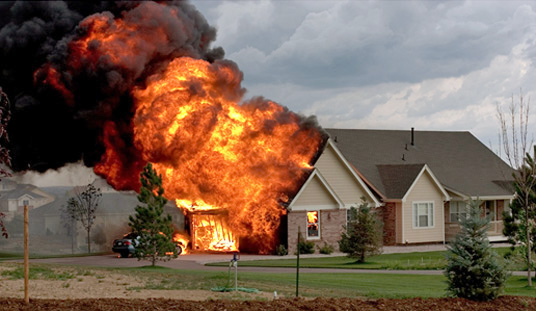 Nashville, TN – Cooler temperatures settling into the Volunteer State this week have many Tennesseans turning on heating sources they have been dormant for months. The State Fire Marshal’s Office (SFMO) urges consumers to take safety measures to avoid fire and carbon monoxide hazards that can result from household heating appliances.
Nashville, TN – Cooler temperatures settling into the Volunteer State this week have many Tennesseans turning on heating sources they have been dormant for months. The State Fire Marshal’s Office (SFMO) urges consumers to take safety measures to avoid fire and carbon monoxide hazards that can result from household heating appliances.
’”The change in the weather has historically resulted in a spike in homes fire and home fire-related injuries and deaths,” said State Fire Marshal and Commerce & Insurance Commissioner Julie Mix McPeak. “It’s of utmost importance for Tennesseans to keep safety in mind when heating their homes.”

According to State Fire Marshal’s Office data, from 2011-2015, Tennessee fire departments responded to 2,572 home structure fires that involved heating equipment.
These fires resulted in 53 fatalities. Heating equipment fires accounted for 8 percent of all reported home fires and 13 percent of all home fire deaths during that time period.
In addition to fire risks, carbon monoxide (CO) poisoning can also result from improper home heating practices. CO, often called “the silent killer,” is a gas you cannot see, taste, or smell. It can be created when fuels do not burn properly.
Sources of carbon monoxide in the home can include oil and gas furnaces, gas water heaters, wood and gas fireplaces, gas ranges and ovens, gas or kerosene space heaters, and wood stoves.
A person can be poisoned by a small amount of CO over a longer period of time or by a large amount of CO over a shorter amount of time. According to data from the Department of Health, six people died in Tennessee in 2015 as a result of non-fire related carbon monoxide poisoning.
The SFMO encourages Tennesseans to utilize the following safety precautions to avoid heating and carbon monoxide hazards:
- Keep anything that can burn at least three feet away from a furnace, fireplace, wood stove, or portable space heater.
- Never use your oven to heat your home.
- Have heating equipment and chimneys cleaned and inspected every year by a qualified professional.
- Remember to turn portable heaters off when leaving the room or going to bed.
- Always use the right kind of fuel, specified by the manufacturer, for fuel burning space heaters.
- Burn only dry, seasoned wood in fireplaces and woodstoves. Never burn garbage or use flammable liquids to start a fire.
- Make sure the fireplace has a sturdy screen to stop sparks from flying into the room. Ashes should be cool before putting them in a metal container. Keep the container a safe distance away from your home.
- If the pilot light of your gas heater goes out, allow 5 minutes or more for the gas to go away before trying to relight the pilot. Follow manufacturer’s instructions when relighting the pilot. Do not allow gas to accumulate, and light the match before you turn on the gas to the pilot to avoid risk of flashback.
- If you smell gas in your gas heater, do not light the appliance. Leave the home immediately and call your local fire department or gas company.
- Install wood burning stoves following manufacturer’s instructions or have a professional do the installation. All fuel-burning equipment should be vented to the outside to avoid CO poisoning.
- CO alarms and smoke alarms should be installed on every level of the home. See the manufacturer’s instructions for exact placement and location.
For more information on making your home fire-safe, download and print the State Fire Marshal’s home fire safety checklist. Tennessee residents can request a free smoke alarm by visiting www.tn.gov/fire.



